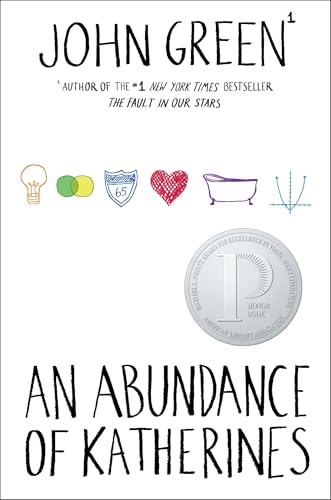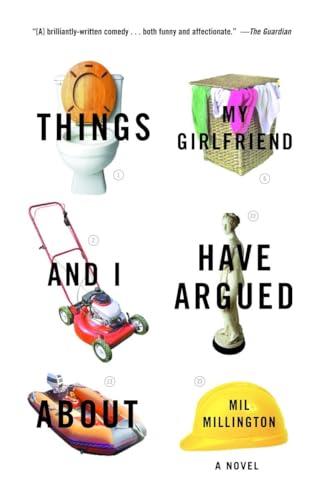When it was reported in 2006 that the FTC would begin forcing word-of-mouth companies — which paid people to hype products to their peers — to disclose their marketing campaigns, Brian Clark predicted at the time that these rules would apply to bloggers as well. Now it looks like his prediction is coming true — and bloggers are taking the news in stride... So when the AP reported recently that the FTC would begin enforcing disclosure rules on bloggers that were paid to review products, received free products or used affiliate links, Clark wasn’t surprised.Then The Washington Post came out with an article focused on Amazon reviewers, but with some related implications:
More commonly, reviewers at the top of Amazon’s charts say they regularly hear from publishers and wannabe authors hoping for a positive word; some prolific or influential reviewers have personal Web sites detailing the books they’re interested in receiving from publishers.And today a New York Times article has me making changes to the way I’ll be doing what I do online:
The proliferation of paid sponsorships online has not been without controversy. Some in the online world deride the actions as kickbacks. Others also question the legitimacy of bloggers’ opinions, even when the commercial relationships are clearly outlined to readers.What will this mean for book bloggers? Perhaps nothing, as the focus seems to be to address the bloggers that are literally being paid per post (in cash or in product) to promote goods and services. There is also a lot of scrutiny in the area of expensive gifts and trips and tech products given to review for wide-reaching blogs. Book blogs are likely to stay under the radar because we’re not pulling in the numbers of readers and because there is a longstanding tradition of books being sent out for review in newspapers and journals.
And the Federal Trade Commission is taking a hard look at such practices and may soon require online media to comply with disclosure rules under its truth-in-advertising guidelines.
However, I do think that it is an ideal time to step back and look at what we are doing. Is there a difference between a book offered for a review and books given by the publisher for contests? If a publisher offers a book and we all end up reviewing it — think The Chosen One — are we serving less as reviewers and more as an unpaid marketing machine? If a book blogger is offered a product for a group to review, does that change the dynamics of the relationship? Is there a difference between a book sent by the author and one sent by the publisher? And in all of these instances, what sort of disclosure is appropriate?
These are tough questions which will be part of a session at the KidLitosphere Conference. Many bloggers already identify in reviews which books they received from the publisher or author. I haven’t done that consistently, but I will now. Many bloggers make it clear that they are Amazon Associates, earning a small percentage of referral fees from Amazon. I have mentioned it on my blog, but I now plan to make it much clearer. I generally don’t participate in book giveaways or contests, but if I do, I’ll make sure that I am clearer about the source of the prizes. My notable exception is the 48 Hour Book Challenge, where I make it clear that the prizes are donations from authors and bloggers, or collected by me.
I’d urge you to read the articles, look at what you’re doing, and think what changes you might make. And of course, let’s talk about this — because that’s what we do.























